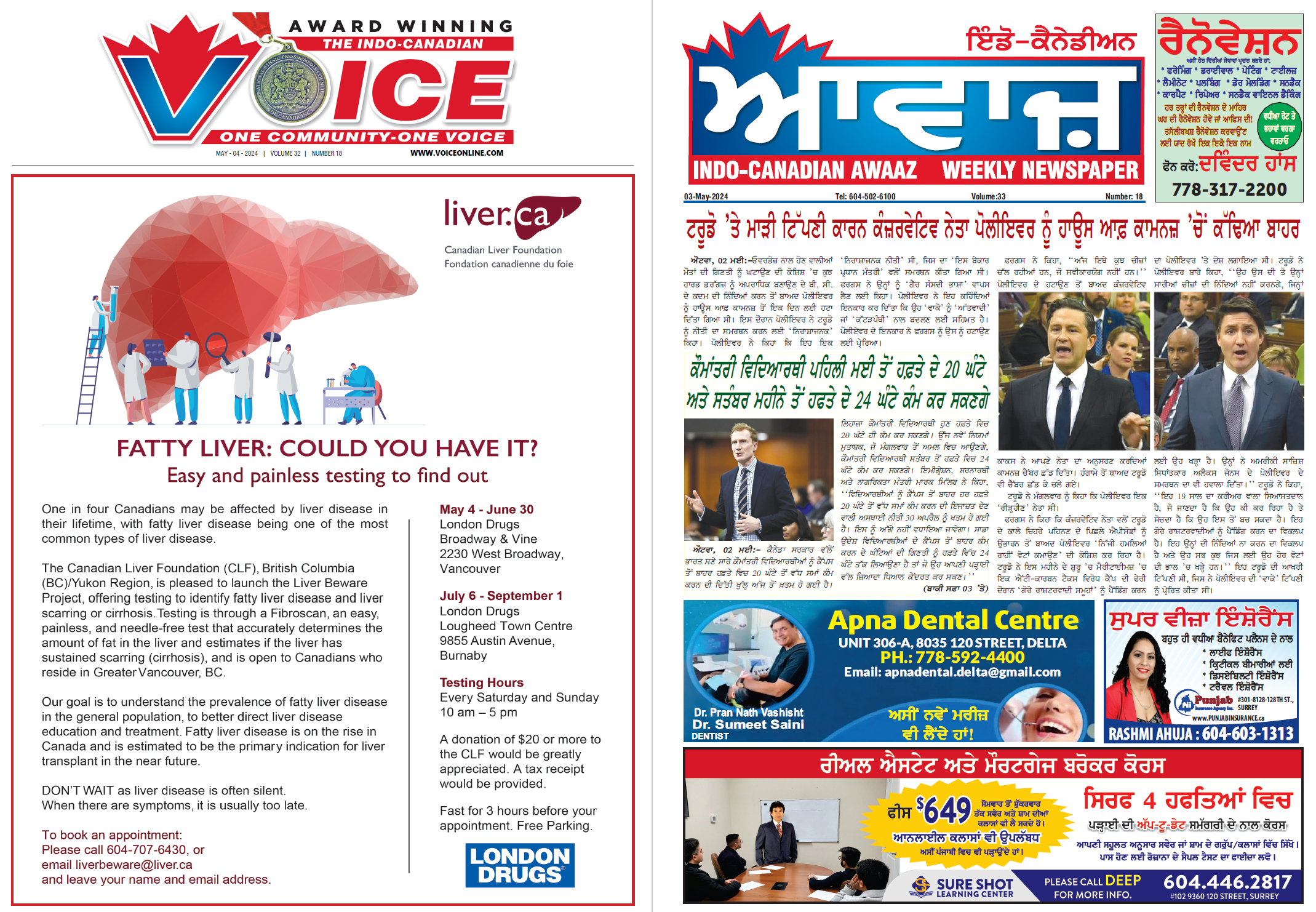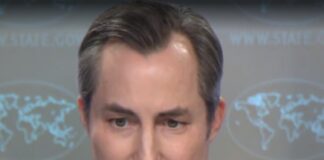EARLY childhood professionals educated in languages other than English will have reduced costs and more support to become certified to work in British Columbia’s child care sector, as a result of financial support to translate educational documents into English.
“Support for translation services is one way the Province is recruiting more early childhood professionals to B.C., as part of the ChildCareBC plan,” said Grace Lore, B.C.’s Minister of State for Child Care, on Wednesday. “These financial supports will help more qualified educators to join the child care sector, benefiting families, children and B.C.’s economy.”
Early childhood professionals who completed training outside Canada or francophone Canadians who have documents in French can apply for a grant of as much as $2,500 at the same time as they apply for early childhood educator (ECE) certification with the B.C. ECE Registry. These grants can be used to have non-English documents, such as school transcripts and course descriptions, translated into English by MOSAIC B.C.
“Early childhood educators are pivotal to the success of a Canada-wide early learning and child care system, and their expertise and tireless efforts play a vital role in giving children the best possible start in life,” said Jenna Sudds, federal Minister of Families, Children and Social Development. “The Government of Canada is working with our provincial, territorial and Indigenous partners to make it easier for ECEs to start their career and continue providing high-quality early learning opportunities for children across Canada.”
With $750,000 in one-time federal support through the 2021-25 Canada-British Columbia Early Learning and Child Care Agreement, approximately 300 ECEs who have completed their education in non-English programs will be eligible to receive the grant. This support is significant given that translation services have an average cost of approximately $5,000 per applicant.
“Supporting applicants with the translation process will help to ensure those applying for the ECE certification are meeting B.C. requirements,” said Emily Gawlick, executive director, Early Childhood Educators of BC. “This fosters a qualified professional body, which we know is essential for this complex work.”
B.C.’s ECE Registry certifies ECEs prior to their work in child care programs, which is crucial to ensuring the safety of children and the quality of care they receive. The registry receives hundreds of applications for ECE certification annually from people who have completed their education outside of Canada and from francophone Canadians.
Interested ECE applicants can apply for these translation grants now and find more information:
* Internationally educated applicants:
https://www2.gov.bc.ca/gov/
* Canadians with documents in French:
https://www2.gov.bc.ca/gov/
Starting in March 2022, to help child care providers secure more staff, the Province began giving international ECEs and ECE assistants priority access to apply for permanent residency under the Provincial Nominee Program, creating immigration pathways for the child care workforce.
Learn More:
For more information about how to become an ECE in B.C., visit: www.gov.bc.ca/
To learn more about the Provincial Nominee Program, visit: https://www.welcomebc.ca/
For more information about B.C.’s Early Care and Learning Recruitment and Retention Strategy, and other ECE supports, visit: www.gov.bc.ca/childcare/












